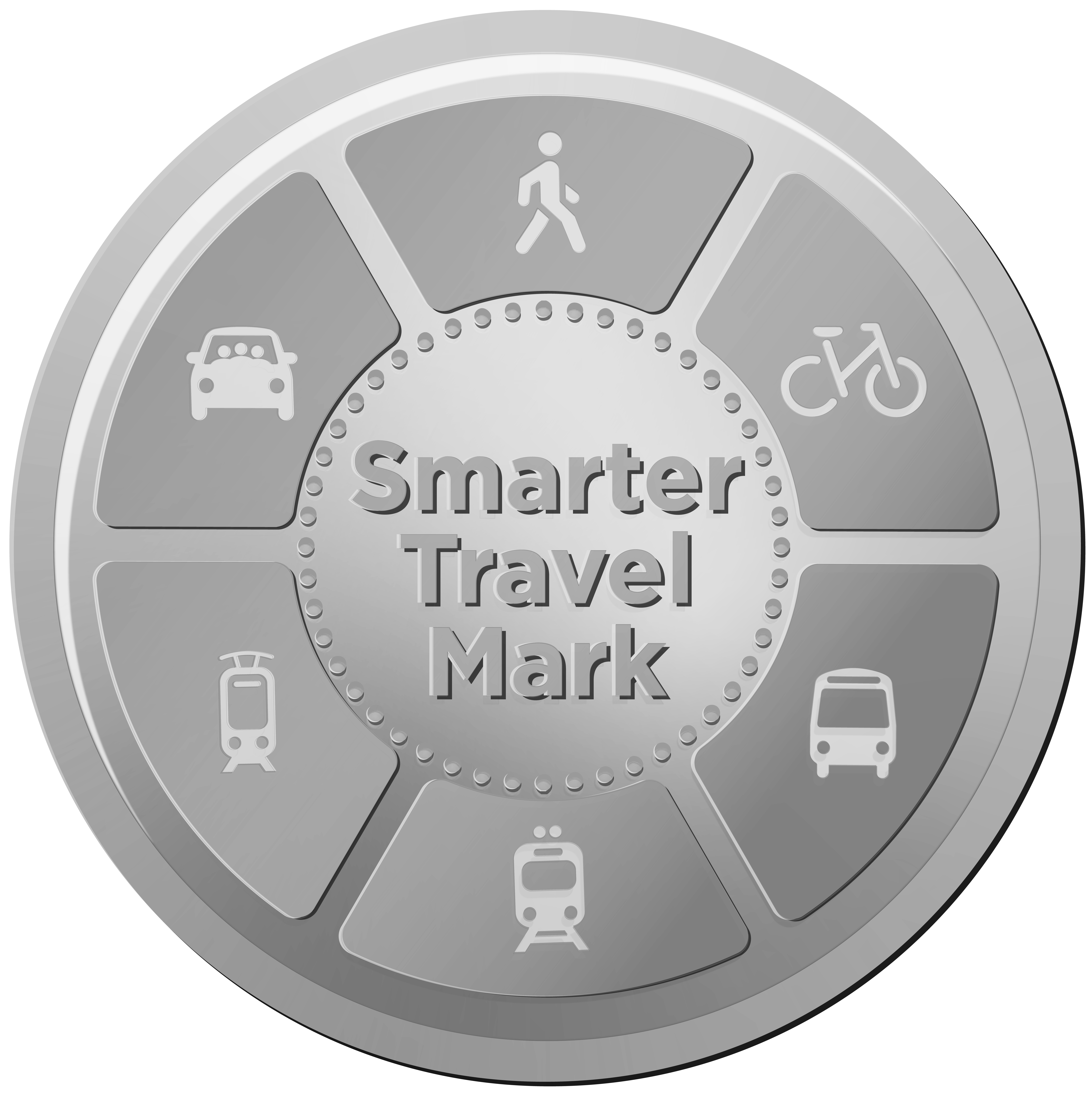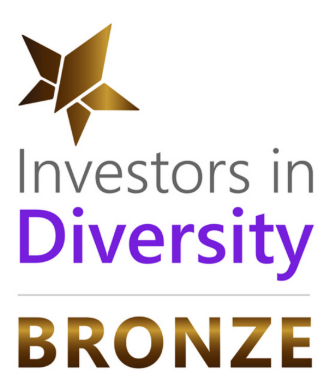EU Reference Group of Agencies present updates on European-level activities
The 11th Annual Meeting of EU Reference Group of Agencies of the DFHERIS took place recently, and featured updates from the agencies of the Reference Group, including QQI, Education and Training Boards Ireland (ETBI), SOLAS, the Higher Education Authority (HEA), and Léargas.
ETBI
Rosarii Molloy-Curran, Euroguidance Ireland hosted by Education and Training Bords Ireland, provided an overview of the Euroguidance Network and the activities of Euroguidance Ireland.
The Euroguidance Network is comprised of national career guidance and information centres which link together the Careers Guidance systems throughout Europe. It was established in 1992 and currently has 38 member countries. Rosarii noted that the main target group of Euroguidance is guidance practitioners and policy makers from both the educational and employment sectors.
Rosarii drew focus to the three common goals of Euroguidance:
- To support the development of the European dimension of lifelong guidance.
- To support the development of guidance practitioners and raise their awareness on the value of international mobility.
- To provide information and communication on the European dimension of guidance.
Rosarii then informed attendees of the work of the Euroguidance Network Steering Group and Main Task Groups.
Rosarii’s presentation then covered insights on the Academia Mobility Network and Academia Ireland initiatives which promote mobility of guidance professionals.
ReferNet
Aedin O’Toole, from the ReferNet team hosted by SOLAS, provided an outline of what ReferNet is, why Solas is the ReferNet Partner for Ireland and the importance for Ireland in progressing EU Vocational education and training policy. ReferNet is a network that provides information on the national vocational education and training (VET) system in EU member states, Iceland, and Norway by sharing knowledge, insights and analysis of how each country is progressing in its implementation of common European policy objectives. It exchanges ideas, information, best practices, and promotes understanding of the different VET challenges in the member states through the Cedefop platform. ReferNet also publishes information, data, insights, and analysis to monitor development in national VET policies and systems to help policy makers, social partners, researchers, and other stakeholders.
Aedin outlined why Solas is the ReferNet partner for Ireland. Solas are embedded as the national agency under the aegis of DFHERIS to co-ordinate and fund the Further Education and Training (FET) sector. Solas has the resources and most of the relevant skills data included from the Skills and Labour Market Research Unit (SLMRU) and Data Analytics Unit. The Transformation Project Management Office (TPMO) within Solas has oversight of the last and next national FET strategy and strategic implementation plan.
Aedin summarised ReferNet’s objectives for 2025 and ongoing activities and how this work can benefit those in attendance at the meeting:
Usual deliverables and workflows for 2025
- VET Policy Reporting – Policy Developments during 2024.
- National news on VET.
- Networking with stakeholders and partners.
Unique deliverables for 2025
- Spotlights on Skills in Europe (publication Q4 2025) – labour market information and trends on labour market trends and future skills needs, including a focus on green and digital skills.
- VET Excellence and Inclusion (survey) – the future of VET in Europe through the policy lens of excellence and inclusion.
- Financing Adult Learning and Individual Learner Accounts (report) – review of policy developments.
- Micro-credentials for Employability and Lifelong Learning (country-specific report).
Higher Education Authority (HEA)
Dr Raasay Jones, from the Higher Education Authority (HEA), updated the meeting on the Erasmus+ programme. She outlined current national and international developments for the programme in the context of national and European policy including initiatives to support participation and inclusion of a wider range of participants.
Erasmus+ programme is an EU programme to support education, training, youth, and sport. Over 16 million people have taken part since 1987. The current programme has a budget of €26.2 billion, with €5 billion to support learning abroad in 2025.
Dr Jones provided an overview on some of the initiatives to support participants of the Erasmus+ programme with fewer opportunities or face obstacles that prevent them from having effective access to opportunities under the programme.
- In 2014, a top-up payment of €100 per month was introduced for students with fewer opportunities.
- This top-up rate increased incrementally each year and in 2020 was set at €180 per month.
- Under the new programme, the Commission introduced a flat rate monthly top-up of €250 to support social inclusion as one of the programme’s key priorities
- Students in receipt of a SUSI grant are eligible for this top-up.
An Erasmus+ 2021-2027 interim evaluation reported some positive results from these initiatives but also reported barriers that remain.
- “all programme countries report an increased emphasis on inclusion and diversity within Erasmus+”.
- “25 countries note a general increase in participation from hard-to-reach groups”.
- “22 countries note that despite additional support, financial barriers remain significant for many hard-to-reach groups”.
- “16 countries report difficulties with defining and identifying "hard-to-reach" or "fewer opportunities" groups, hindering targeted support”.
- “19 countries report a lack of awareness about Erasmus+ opportunities among hard-to-reach groups”.
Dr Jones also provided an overview and update on blended intensive programmes. These are short, intensive programmes that use innovative ways of learning and teaching, including the use of online cooperation. Enabling more flexible mobility formats aim at reaching all types of students from all backgrounds, study fields and cycles.
Léargas
Deirdre Finlay, Léargas, summarised the main developments in Education and Training Programmes at Léargas since the last EU Reference Group meeting including sector specific insights for adult learners and the VET sector. She highlighted developments in Erasmus+, the VET Team, eTwinning – The European School Education Platform, EPALE – the electronic platform for Adult Learning in Europe, and Eurodesk Ireland, including the priorities for 2025 and upcoming events.
The presentation included detailed updates on Erasmus+ in school education, VET, and adult education. Highlighting the high participation and growth of programmes. Deirdre also provided insights on the widened reach and participation of audiences in Erasums+.
Deirdre then informed attendees of the work of Ireland’s National VET Team, which is a group of national experts from the VET sector and is an EU Commission initiative. Deirdre drew attention to the report "Erasmus+ VET Mobility as a Route to the Acquisition of Transversal Skills". An output which was produced under the guidance of the National VET Team.
Deirdre provided an overview of eTwinning the free online platform connecting more than teachers across Europe. It supports primary and post-primary schools to find partners and work on joint projects in any curricular area, using Information and Communication Technology.
eTwinning is funded by the European Union and administered in participating countries by a National Support Organisation (NSO). Léargas is the National Support Organisation for eTwinning in Ireland.
Deirdre also provided a progress update on EPALE. Léargas is the National Support Service for EPALE in Ireland. EPALE is the hub for news, reports, events and discussion on Adult Learning (VET and Adult Education) across Europe, and invites teachers, trainers, researchers, academics, and policy makers to get involved. EPALE is funded by the European Union through Erasmus+. It is operated by the European Commission and supported by the governments of member states. EPALE has seen its highest growth period from 2023-2024 in EPALE Ireland, with users increased by 17% and organisations increased by 22%.
Deirdre also provided an overview of the upcoming Eurodesk events in 2025. Including plans to celebrate 30 years of Eurodesk in Ireland and 35 years in Europe.


